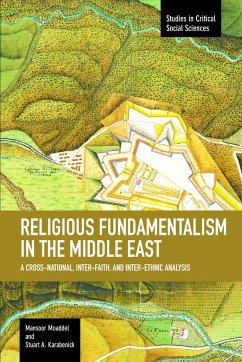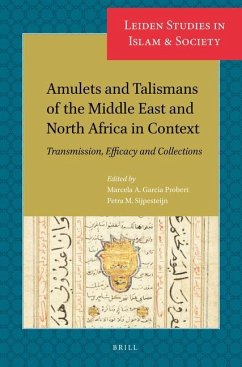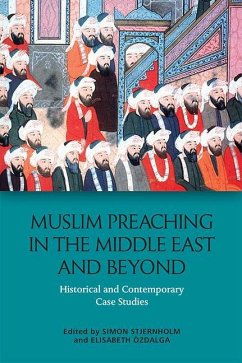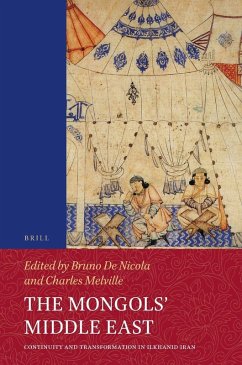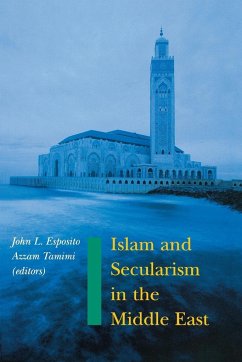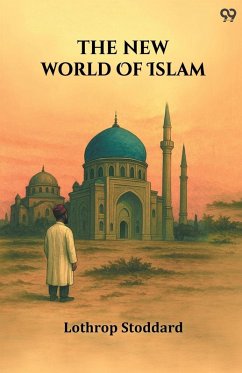
Researching the Middle East
Cultural, Conceptual, Theoretical and Practical Issues
Herausgeber: Charles, Lorraine; Ronchi, Monica; Pappé, Ilan
Versandkostenfrei!
Versandfertig in über 4 Wochen
38,99 €
inkl. MwSt.
Weitere Ausgaben:

PAYBACK Punkte
19 °P sammeln!
Addresses the practical and theoretical issues faced by researchers working in and on the Middle East and North Africa Researching the Middle East is a challenge for both new and seasoned researchers. Ensuring rigour, providing a theoretical grounding and accommodating the Middle Eastern perspective are all essential when it comes to avoiding orientalist perspectives and maintaining an inclusive attitude towards all experiences of research in the area. The core mission of this textbook is to help and support both new and established scholars looking to expand their research down different and ...
Addresses the practical and theoretical issues faced by researchers working in and on the Middle East and North Africa Researching the Middle East is a challenge for both new and seasoned researchers. Ensuring rigour, providing a theoretical grounding and accommodating the Middle Eastern perspective are all essential when it comes to avoiding orientalist perspectives and maintaining an inclusive attitude towards all experiences of research in the area. The core mission of this textbook is to help and support both new and established scholars looking to expand their research down different and possibly challenging avenues, navigating issues that relate to positionality, ethics and ethnocentric biases. 16 researchers share their invaluable first-hand experiences and examine the cultural, conceptual, methodological and practical challenges of working on and in MENA region. Key Features ¿ Divided into 4 sections covering core themes: researching political dynamics; identity and positionality in research; conducting ethnographic research; and research through text, symbols and technology ¿ Focuses on methodology, combining researchers' experiences with theoretical and conceptual analysis ¿ 14 case studies explore specific, frequently encountered issues: from the challenges of doing research in conflict zones to working with interpreters and navigating the problems of researching 'terrorism' ¿ Includes a variety of perspectives to allow a critical understanding of the methodological challenges in Middle East studies Lorraine Charles is a Research Associate at the Centre for Business Research, University of Cambridge and the Geneva Centre for Security Policy. Ilan Pappé is Professor of History and Director for the European Centre for Palestine Studies at the University of Exeter. Monica Ronchi is a social entrepreneur working in the education sector in Europe and the Middle East.





